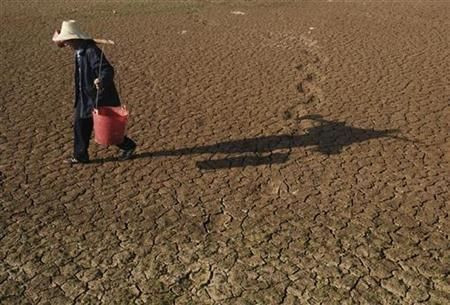Climate change did not force Vikings to abandon Greenland, claim scientists

Amid the ongoing debate on climate change, scientists have added a twist to an age-old climate change belief. They have challenged the theory of Vikings having settled in Greenland during the climate change that took place in the 10th century.
It has been long believed that the Vikings colonised Greenland during the warmer temperatures of the so-called Medieval Warm Period. The new theory published in Science Advance, however, refutes this premise, based on analysis of chemical isotopes left in boulders by glaciers in the last 1,000 years in Southwestern Greenland and nearby Baffin Island.
Evidence suggests that the Medieval Warm Period (950-1250) was confined to Europe and did not spread to Greenland or any other place. Existing records indicate that the Vikings came to Greenland from Iceland in 985, when Greenland was also icy and cold.
“It’s becoming clearer that the Medieval Warm Period was patchy, not global,” says lead author Nicolás Young, a glacial geologist at Columbia University’s Lamont-Doherty Earth Observatory.“The concept is Eurocentric - that’s where the best-known observations were made. Elsewhere, the climate might not have been the same.”
These findings also challenge the belief that the Vikings left Greenland around 1300-1850 due to the onset of so-called Little Ice Age, reports Fox News. It is possible that the abandonment of Greenland was the result of other factors, such as hostility, soil erosion and decline in ivory trade.
“I do not like the simplistic argument that the Greenland people went there when it was warm, and then ‘it got cold and they died’,” says Astrid Ogilvie, a climate historian at Iceland’s Akureyri University. “I think the Medieval Warm Period has been built on many false premises, but it still clings to the popular imagination.”
Contact the writer at feedback@ibtimes.com.au or tell us what you think below.




















